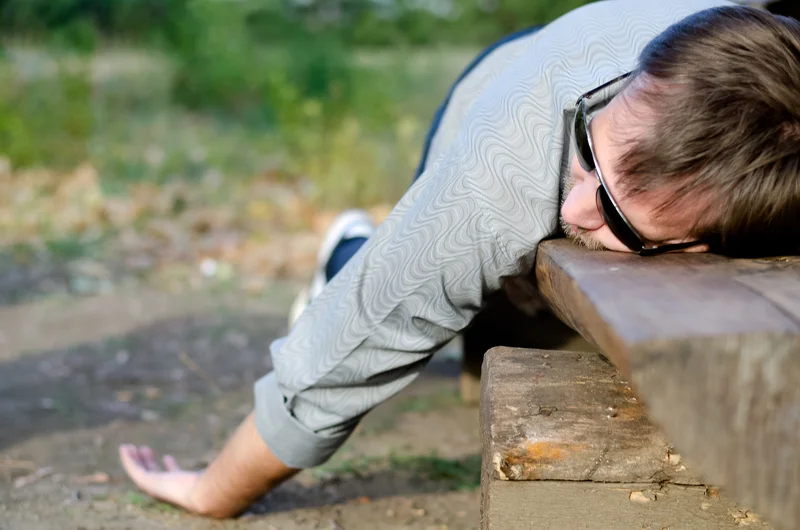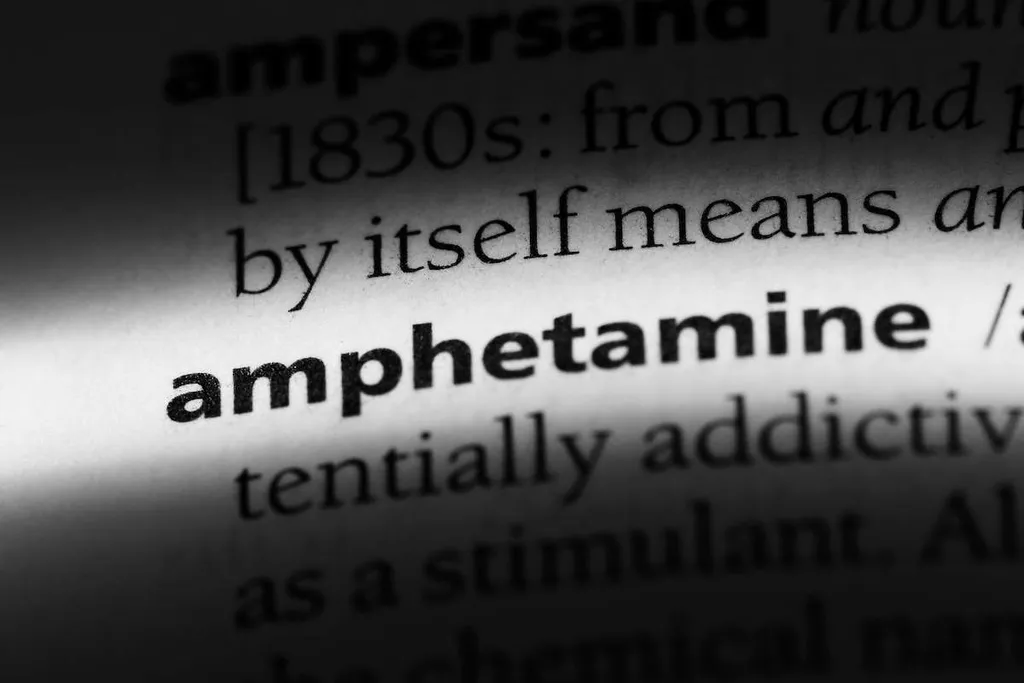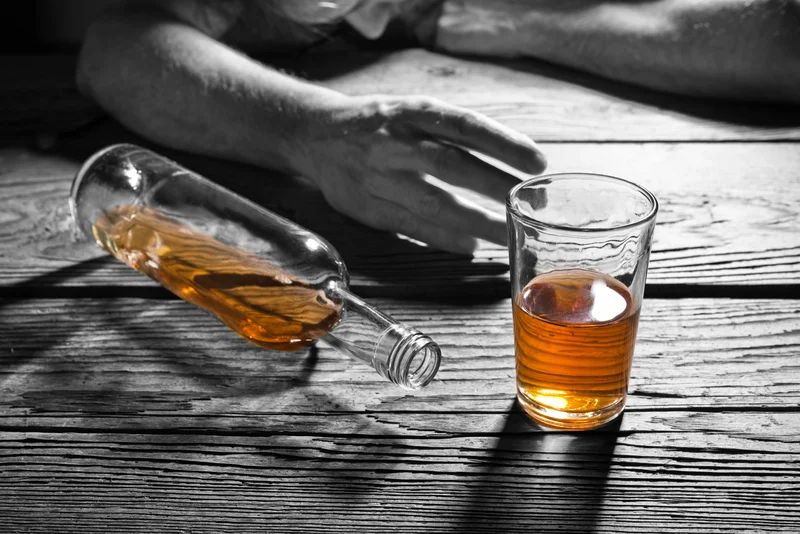What Happens to Your Body When You Stop Drinking? Side Effects & Benefits

Inpatient rehab for alcoholism is designed to provide comprehensive medical and psychological support during withdrawal. Treatment teams will work together to create an individualized detox plan that considers the individual’s AUD severity, co-occurring mental health issues, and medical history. They will also provide emotional support and therapy to help individuals address the root causes of their addiction and manage any withdrawal symptoms that may arise.

Improved Cardiovascular Health
- Alcohol is a diuretic, meaning it makes you pee more, flushing water from the body and leading to dehydration.
- At Sequoia Behavioral Health, we understand how intimidating it can be to take the first steps toward sobriety.
- Psychotherapy options such as cognitive-behavior therapy (CBT) and motivation enhancement therapy (MET) can help change unhelpful thinking patterns, teach valuable coping skills, and improve the motivation to quit.
- If you’re living a sober lifestyle, ensuring you’re staying as healthy as possible in all other areas will only magnify those positive effects.
Reach out today to connect with our mental health experts and begin your healing journey. Our residential treatment program is the ideal environment what happens when you stop drinking for those looking to take their first step toward an addiction-free life. While you’re there, you’ll be able to rest, recover, and learn how to live of balance and purpose.
Minimum effort, maximum reward: 6 simple, science-backed changes that will transform your health
Steering clear of alcohol, however, gives the liver a chance to regenerate. When your gut microbiome is thrown out of whack, you may experience more direct digestive woes (stomach aches, bloating, gas, pain). Less obvious side effects of a disrupted microbiome include fatigue, sugar cravings, and inflammatory skin conditions, as well. The following quiz is called the AUDIT, which is short for Alcohol Use Disorders Identification Test.
Days 2 and 3 With No Alcohol
Your body will begin to detoxify after 24 hours without alcohol, and withdrawal symptoms might occur. Embarking on a journey of sobriety can have profound effects on your body, leading to positive changes over days, weeks, months, and years. While not drinking might be your current focus, there are other lifestyle practices that will also benefit your skin.
“When you stop using alcohol, your sweet tooth still kicks in, so be careful of which foods and beverages you replace it with,” Johnson says. If you find it difficult to reduce or stop drinking, Cooper can help. Having a conversation with your primary care physician or advanced practice professional is a great place to start. They can help you assess your drinking habits, provide personalized guidance, and connect you with resources or medical treatment, if needed.


In addition to the numerous mental and physical health advantages of abstaining from alcohol, there are countless other advantages that you might encounter. While giving up alcohol won’t guarantee that your mental health issue will go away, it can lessen your symptoms and enhance the effectiveness of Sober living home your treatment. Although quitting alcohol can be difficult, it’s crucial to keep in mind that the advantages are substantial.

- They also noticed that levels of proteins in the blood that promote cancer growth, namely epidermal growth factor (EGF) and vascular endothelial growth factor (VEGF) decreased by around 73% and 41%, respectively.
- The problem lies in the fact that it’s surprisingly easy to exceed what the experts call “moderate” drinking.
- In the case of obstructive sleep apnea, where the throat muscles and tongue are already impeding your airway, alcohol makes the condition worse.
- We do not offer individual medical advice, diagnosis or treatment plans.
Given how many variables there are, it is hard to define an “average” drinker. The Centers for Disease Control and Prevention (CDC) describes “drinking in moderation” as having no more than one drink a day if you’re a woman or two drinks a day if you’re a man, on the days that you drink alcohol. Two-thirds of adult drinkers, however, say they exceed these levels at least once a month, a 2014 study found.
